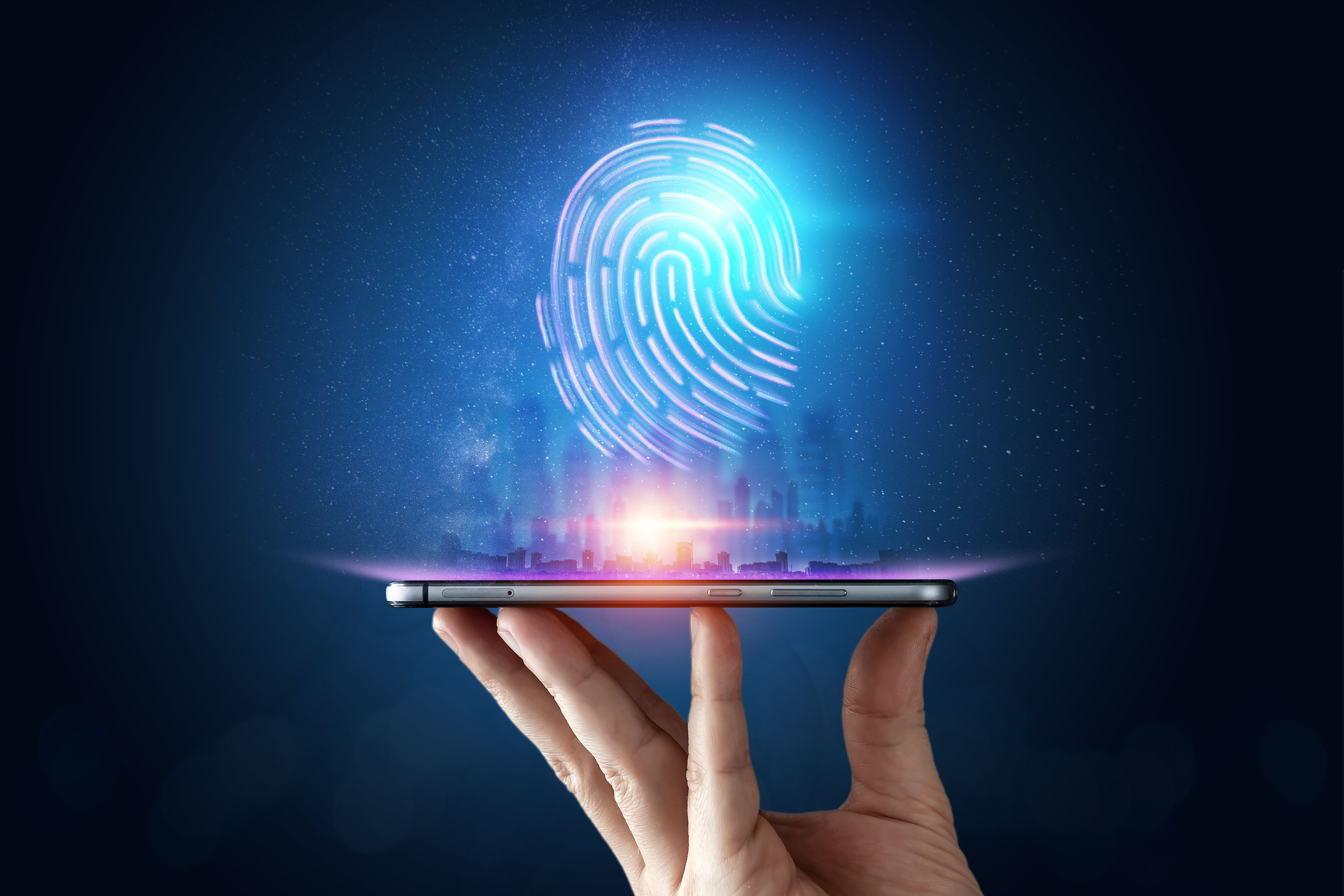Seven Simple Steps to Keeping Your Phone and Personal Information Secure
Install a Mobile Security App
When it comes to malware, your phone and tablet are just as vulnerable as your computer, so it's essential to have a trusted security app installed. Our top recommendation is Sophos Intercept X for Mobile. If you choose to stray from this recommendation, be cautious before downloading any free mobile security apps, as they can often contain malware themselves.
Only Download Apps from Known Sources
Stick to downloading apps from trusted sources such as the Apple App Store, the Google Play Store, and the Microsoft Store.
You also should research app developers online for any particular app. Before downloading an app from even a trusted source, make sure the app developer has a good reputation.
Downloading a dangerous app on your phone, can infect it with malware, and that malware can remain behind even after you delete the app.
Don't Let Your Guard Down When Checking Email on Your Phone
We all love the convenience of checking email from our phones, but it's important to remember that this doesn't make the process any safer. Scammers and hackers can still target you through emails, no matter what device you're using, so be cautious of unexpected or suspicious emails, even if you're viewing them on your phone.
Beware of Malicious Text Messages
A malicious text message, also known as a smishing attack, is a text message that appears to be from a legitimate source, but in reality, it contains a link or attachment that, when clicked, installs malware or directs you to a phishing website. These messages can be disguised as notifications from your bank, delivery updates, or even a message from a friend.
Be wary of unexpected text messages, especially those that ask for personal information or contain a link or attachment, and never click on links or download attachments from unknown or suspicious sources.
Whenever you receive a text message that involves a financial transaction or personal information, always verify the authenticity of a message by contacting the sender through a separate, secure channel such as a phone call or email.
If something seems too good to be true or suspicious, it probably is. Trust your instincts and be vigilant.
Remove Unused Apps
As we use our phones for more and more tasks, we tend to accumulate a lot of apps over time. However, many of these apps may no longer be necessary or actively used, yet they remain installed on our devices. While this may not seem like a big deal, these unused apps can actually pose a significant security risk.
Old apps that have not been updated in a while may contain vulnerabilities that can be exploited by hackers. In addition, they may also have access to sensitive information such as your contacts, location, and personal data. Even if the app is not actively being used, it could still be collecting and transmitting data in the background.
Another security concern is that old apps may be no longer maintained by the developer, leaving your phone vulnerable to security threats.
To protect your device and personal information, it's important to regularly review the apps you have installed and remove those that you no longer use.
Keep Your Mobile Device Up-To-Date
As technology advances, so do the threats to our mobile devices. Cybercriminals are constantly finding new ways to exploit vulnerabilities in the software that runs on our smartphones and tablets. That's why it's crucial to keep our mobile devices updated with the latest security patches and software updates.
When a software update is released, it often includes important security fixes that address known vulnerabilities. This can make it much harder for cybercriminals to exploit those vulnerabilities and gain access to our personal information.
Keep your phone's software up to date to ensure that you have the latest security features and patches and avoid delaying these updates when they’re released.
Avoid Public Wi-Fi or Use a VPN
Public Wi-Fi may be convenient, but it can also be risky. With the growing number of cyber threats, if you have to connect to a public Wi-Fi network, it's essential to take steps to protect your personal information. One way to do this is by using a virtual private network (VPN).
A VPN creates a secure connection between your device and the internet. It encrypts your data and routes it through a private server, making it much harder for hackers and cybercriminals to intercept and steal your information.
When you're on public Wi-Fi, you never know who might be lurking on the network. Cybercriminals can use a variety of tactics to gain access to your device and steal your personal information.
Don't let the convenience of public Wi-Fi put your personal information at risk. Use a VPN to stay secure and protect your sensitive data.
Don't Wait for a Data Breach: Secure Your Devices Now
Your mobile device contains a wealth of personal and sensitive information, from your personal contacts and photos to your bank account and credit card information. And as more and more of our lives move online, it's more important than ever to ensure that our mobile devices are secure.
Don’t wait until your device is infected with malware or your personal information is compromised in a data breach. With the right mobile security solutions in place, you can protect your device and data proactively.
Our team can help your organization implement automated solutions that guard against malware, keep your accounts and information safe, and prevent data breaches. Don't wait until it's too late - schedule a consultation with us today.

